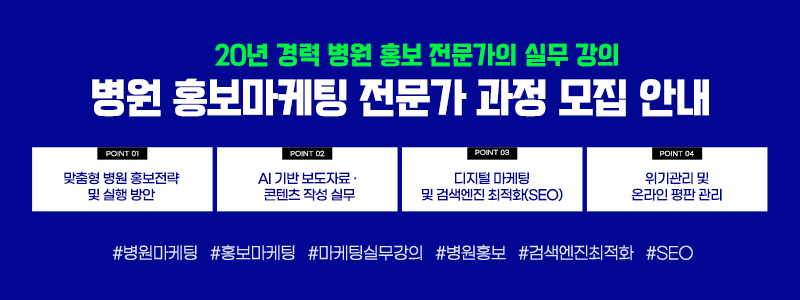The problematic post, which garnered over 3,600 likes and widespread attention, claimed that a Harvard University study found moderate alcohol consumption aids weight loss. However, the institute clarified that the study was conducted by a Japanese research team, not Harvard, and had no direct connection to weight loss.

Furthermore, there is insufficient evidence to suggest that higher HDL levels promote weight loss. In fact, weight loss typically leads to an increase in HDL levels, not the other way around.
To curb the spread of health misinformation, the institute recommended following its “Health Information Content Guidelines.” For content creators, these include using clear language, avoiding exaggeration or falsehoods, grounding claims in evidence, citing sources and dates, and disclosing any commercial interests. For consumers, the guidelines advise checking the source, purpose, and date of information, cross-referencing with other sources, and maintaining a healthy skepticism.
Dr. Heonjoo Kim, director of the institute, stressed that claims about alcohol-induced weight loss are misleading and risk justifying excessive drinking. “We will continue to proactively address false health information and strive to create a trustworthy information environment for the public,” he said.
Lim Hye Jung, HEALTH IN NEWS TEAM
press@hinews.co.kr


